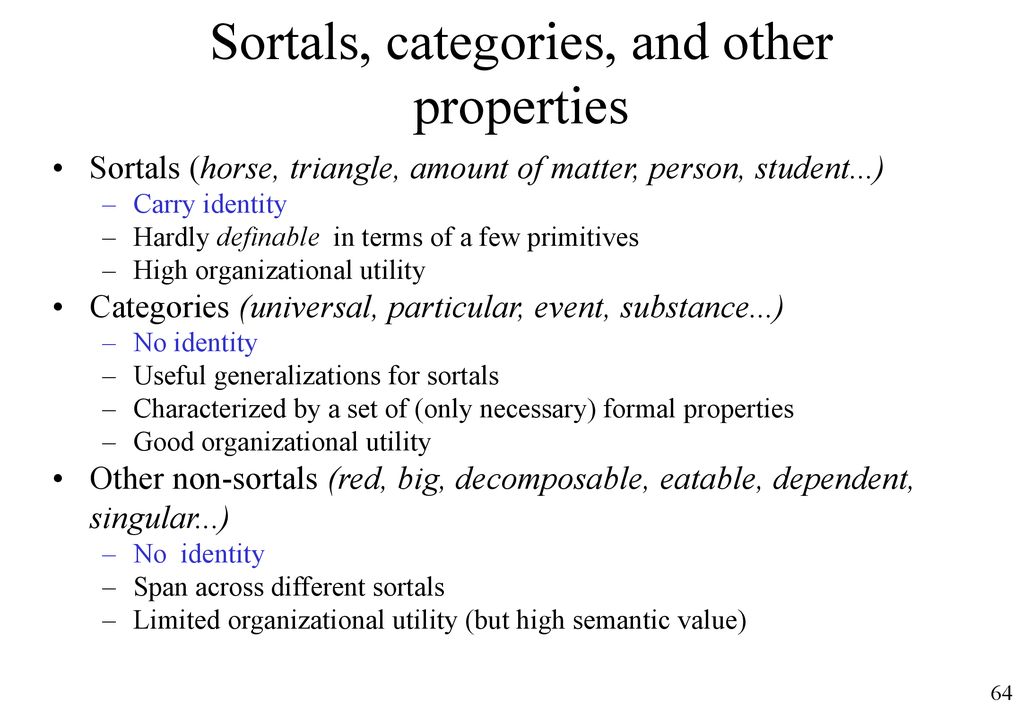
This time, we discuss the best from Jill Taylor, John Stevens, Bill Porter, Eugen Herrigel and Aldous Huxley — with a heavy focus on Buddhism. Read below for specific recommendations on which kind of person to gift each of these books.
See also the first part of these book recommendations and our list of the very best philosophy introductions!
If you like reading about philosophy, here’s a free, weekly newsletter with articles just like this one: Send it to me!
This time I want to bring you the second part of my “inspirational books” recommendations list. There is no particular order to the presentation. I just grouped the books loosely by topic. With two exceptions, these are all Buddhism-inspired — but Buddhism today has become the lingua franca, the English of spirituality, so I feel that most of these books will also speak to those of us who don’t identify as Buddhists in the narrow sense.
Let’s go!
1. Jill B. Taylor, My Stroke of Insight
Jill Bolte Taylor’s book would probably not even count as philosophy by most book categorisations. But I’ve always found its philosophical implications striking.
You see, when we talk about how to achieve happiness in life, there is only a limited number of ways we can go about it:
-
Enjoying the world. This is the premise behind Epicureanism and Hedonism. Despite their differences in the details, both would agree that what makes us happy is the proper enjoyment of our lives and that we can live optimally happy lives by maximising this enjoyment.
-
Taking part in the world as a virtuous person. This is the idea behind Aristotle’s theory and, in extension, Bertrand Russell’s and Richard Taylor’s versions of Eudaimonism. You can read all about it in the Daily Philosophy book “Live Happier with Aristotle” (which I wrote, and which you can also read about below). Get it here on Amazon.
-
Embracing the faith. It is known that religious people are, statistically, happier than non-religious people.
-
Renouncing one’s self. In different ways, but following a similar principle, this is what both Stoicism and Buddhism advocate as the way to a happier life. If what keeps us from being happy is an undue fixation on our own perceived interest, then letting go of our egotism and perceiving the connection between all living things might be a way out of life’s unhappiness.
-
Changing the world to make it better. This is the approach of Marxism, of social psychology and political philosophy, of Erich Fromm and the Critical Theory school of thought. Perhaps what keeps us in misery is society; then, achieving a better, happier life is only possible if we change the way our societies work.
-
Finally, changing one’s brain (by mechanical or chemical means) might be another way out of unhappiness. After all, we never perceive the world as it …
Read the full article which is published on Daily Philosophy (external link)






